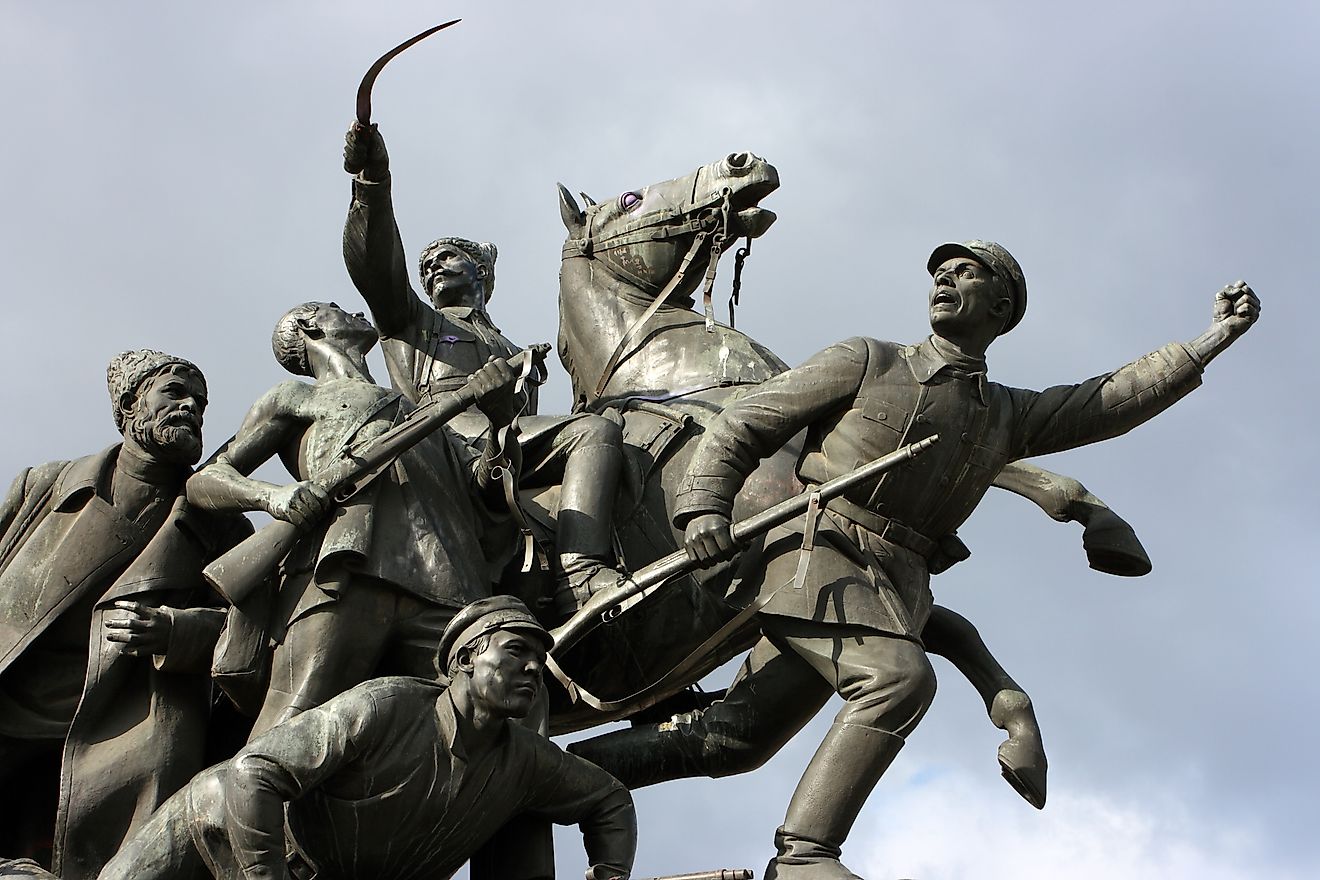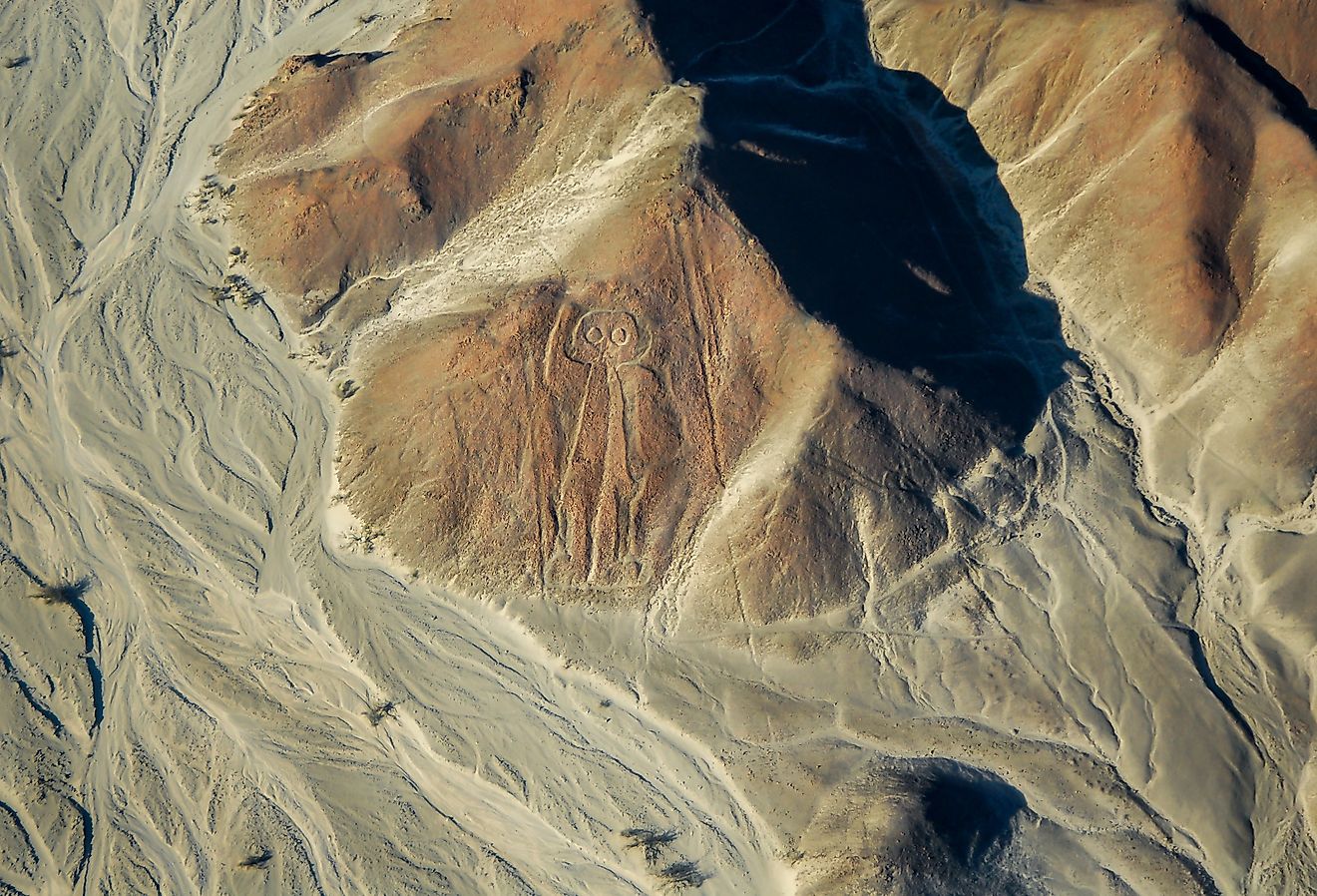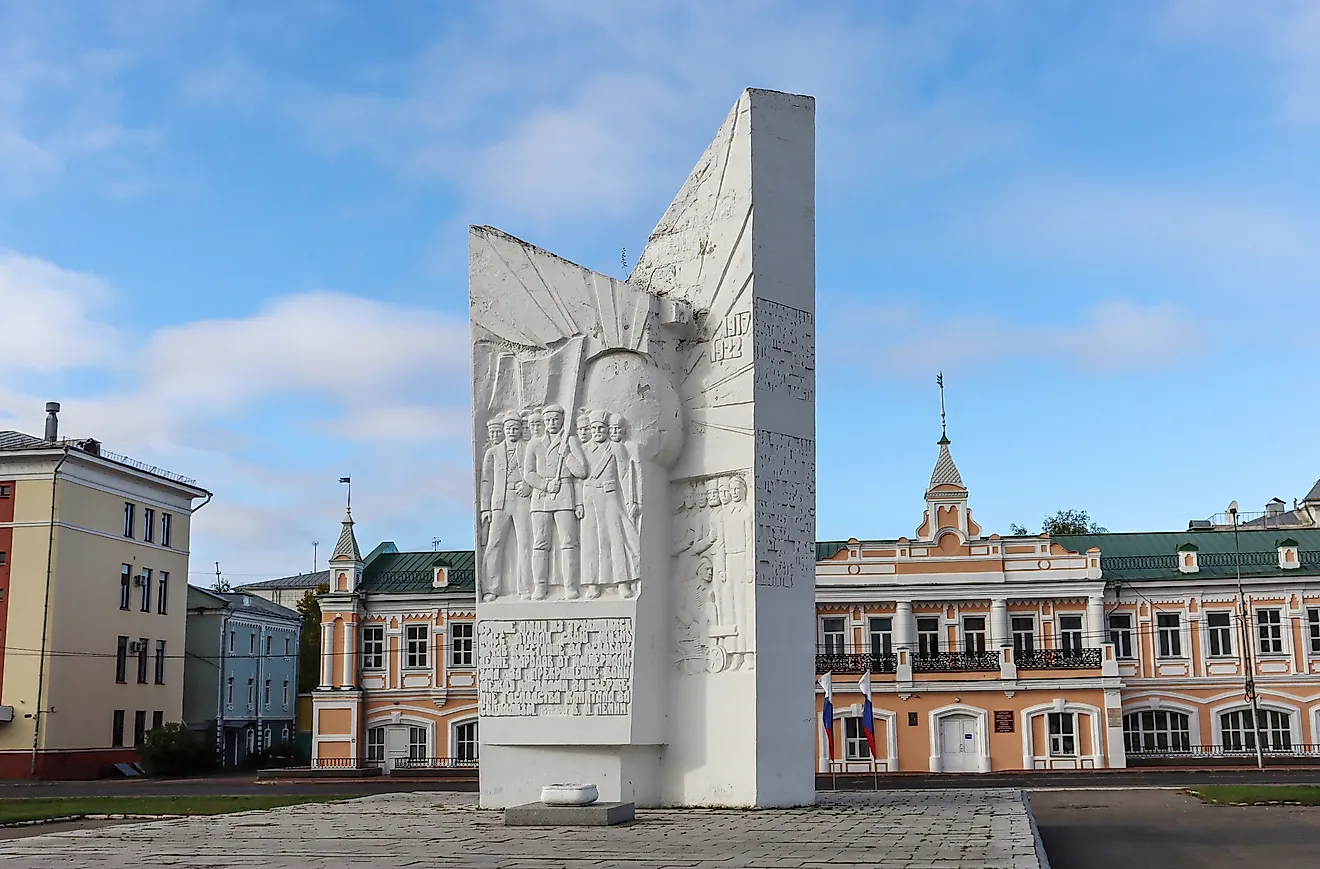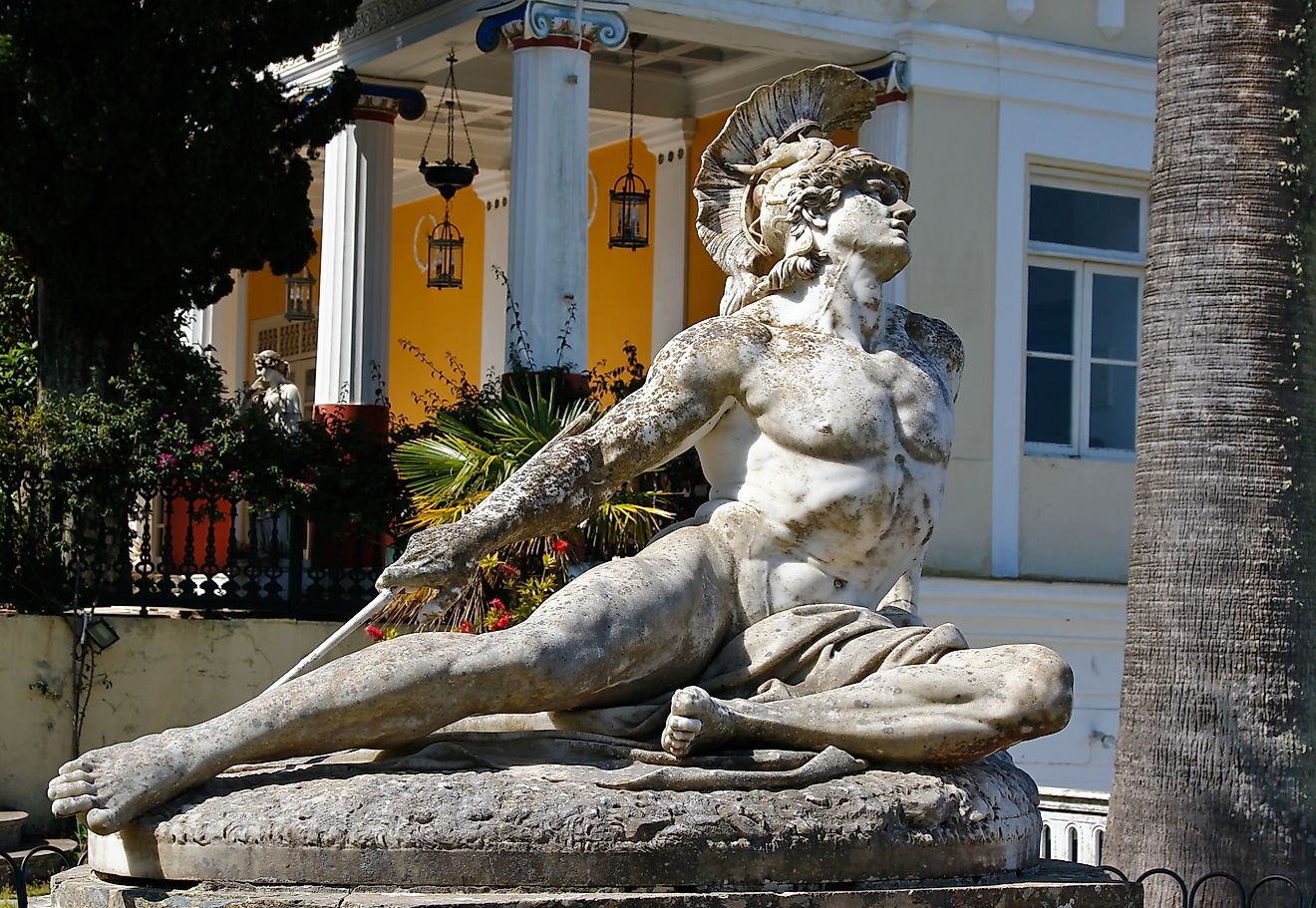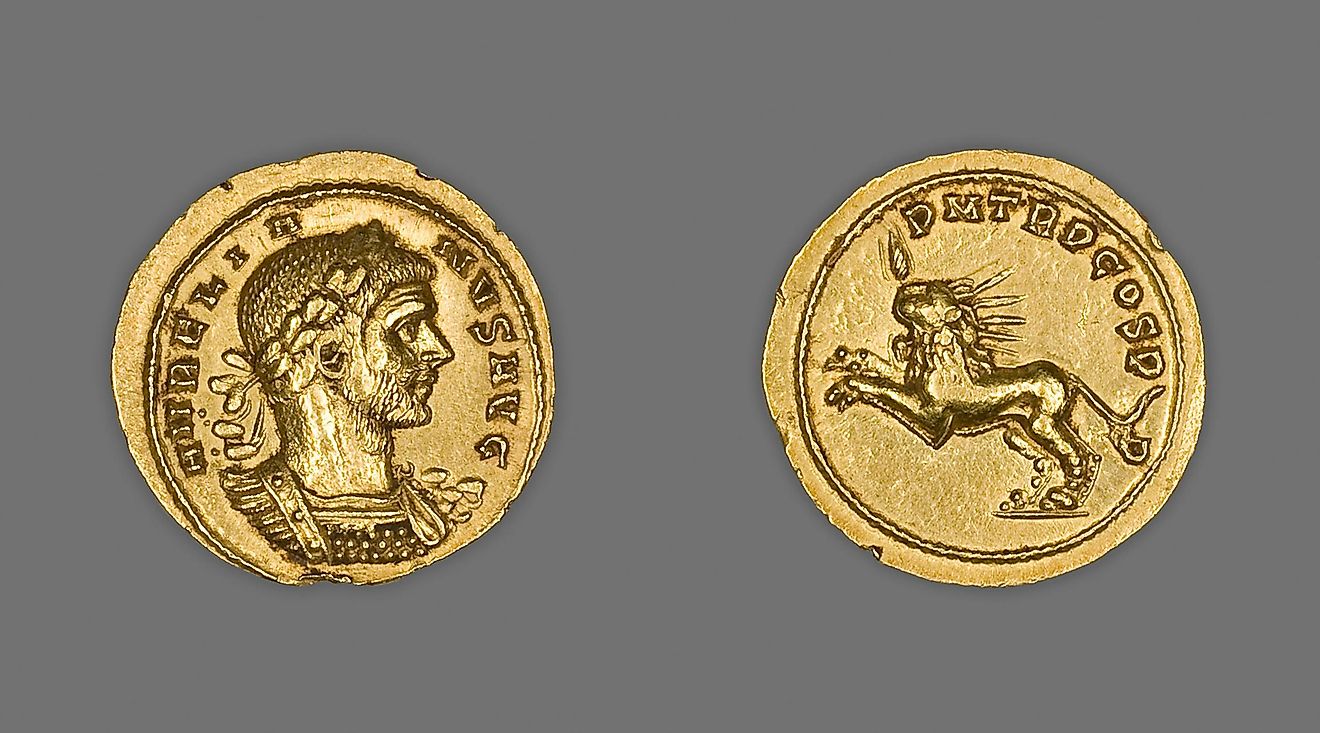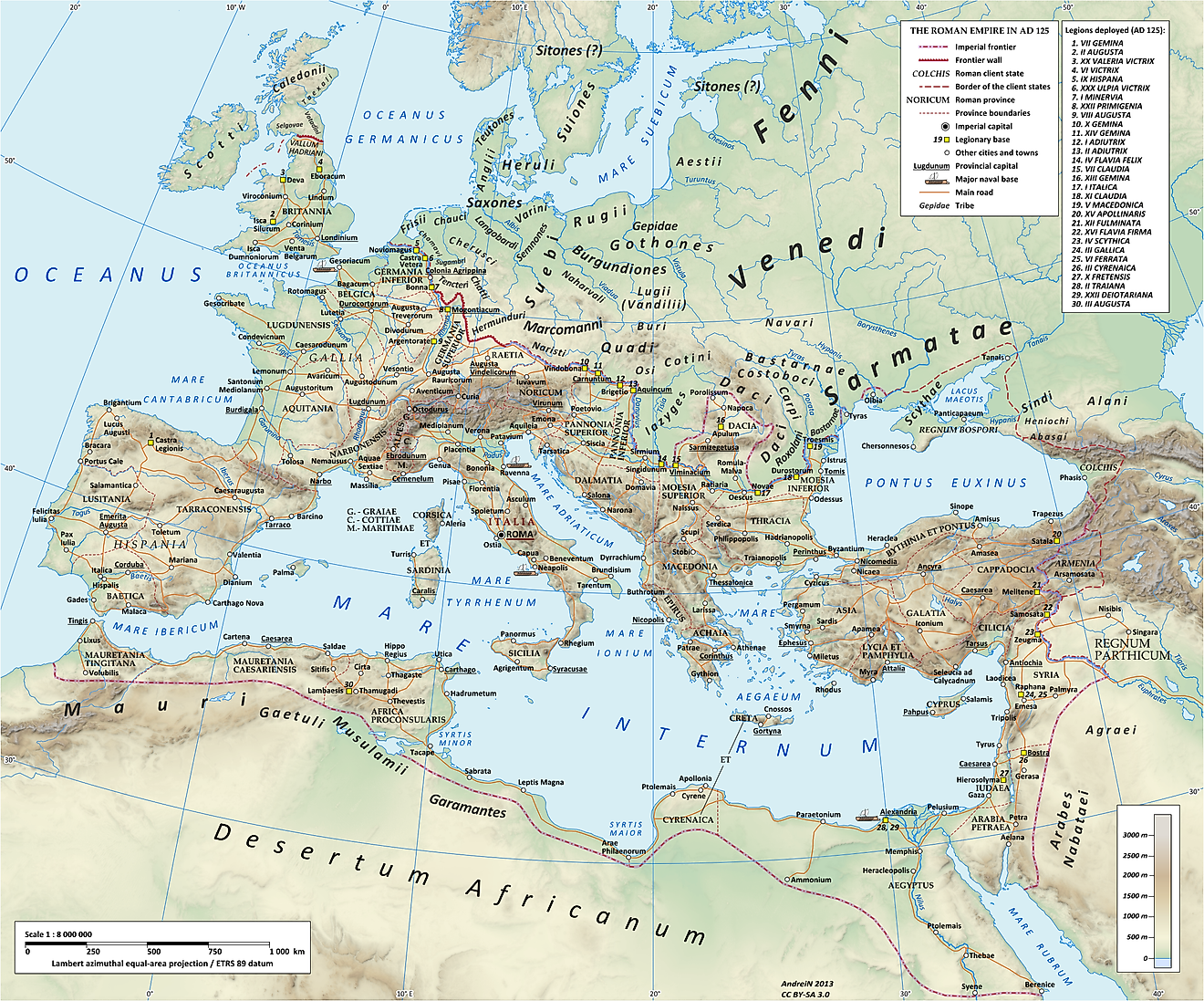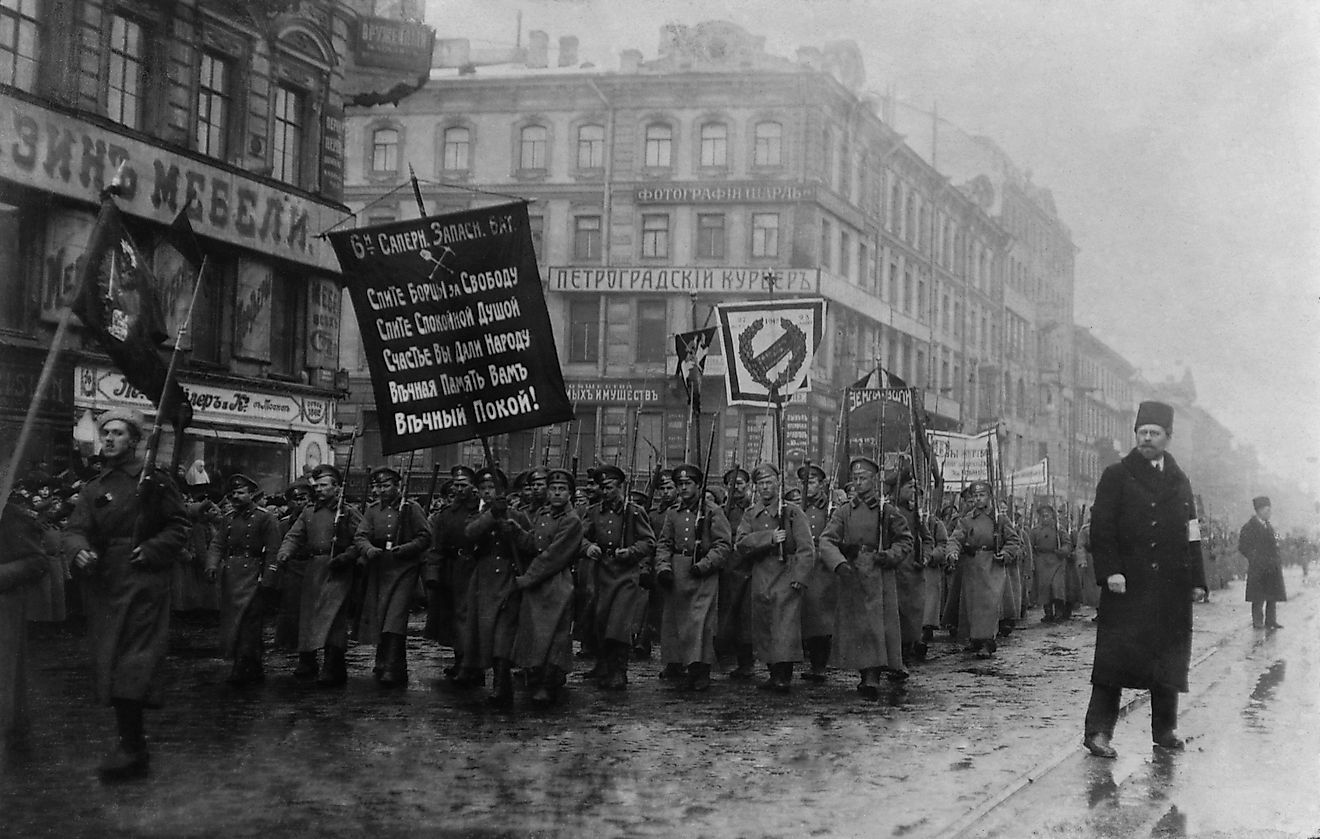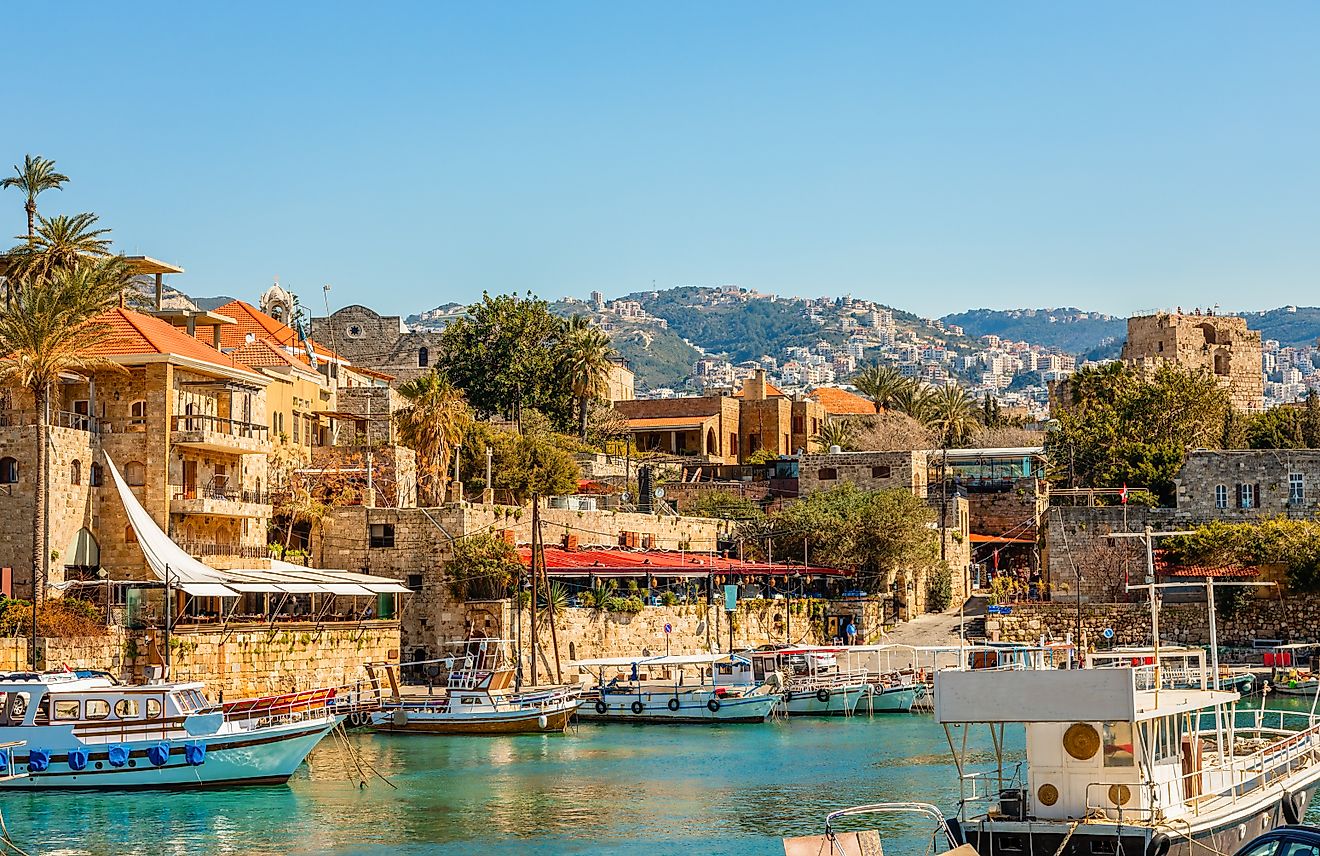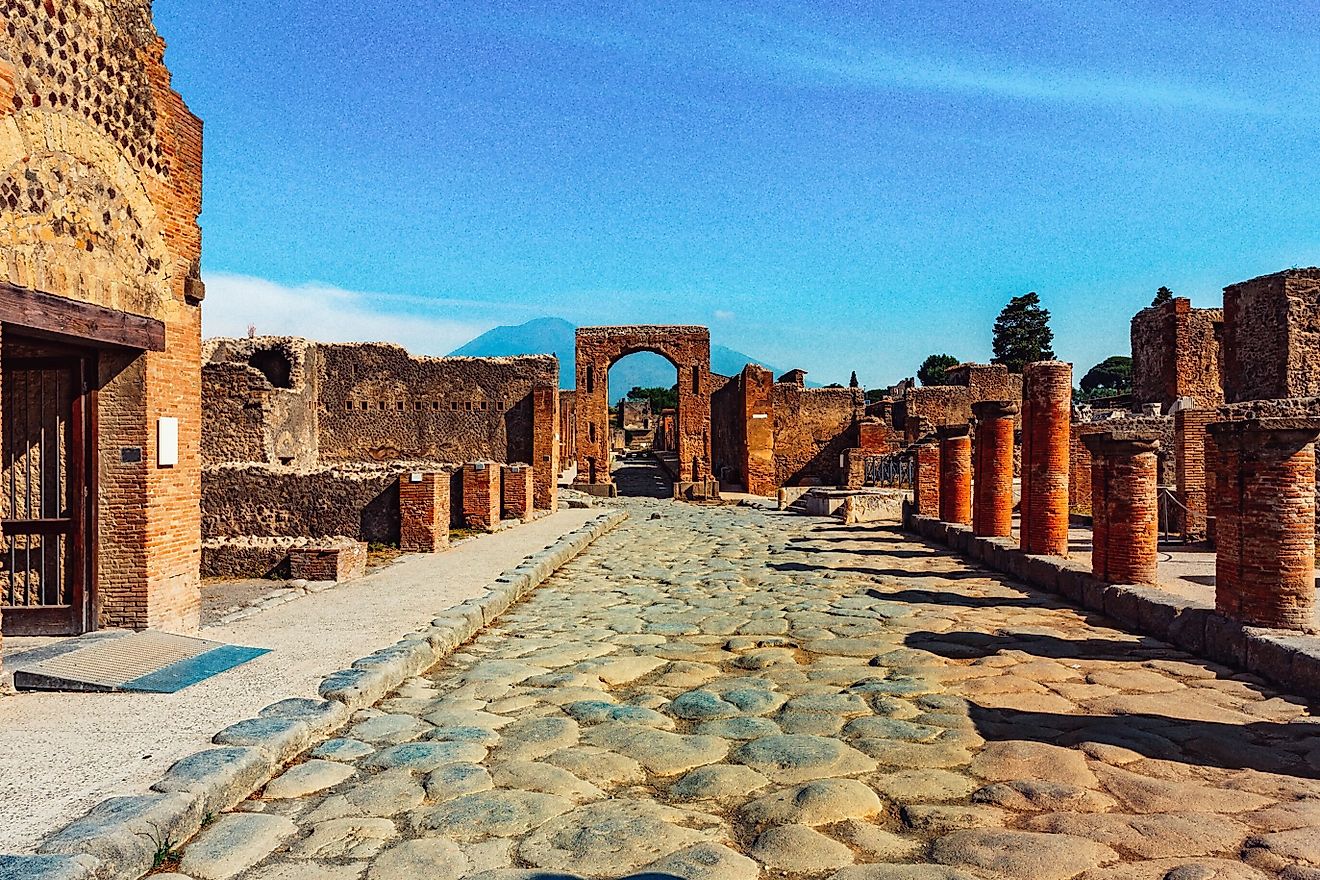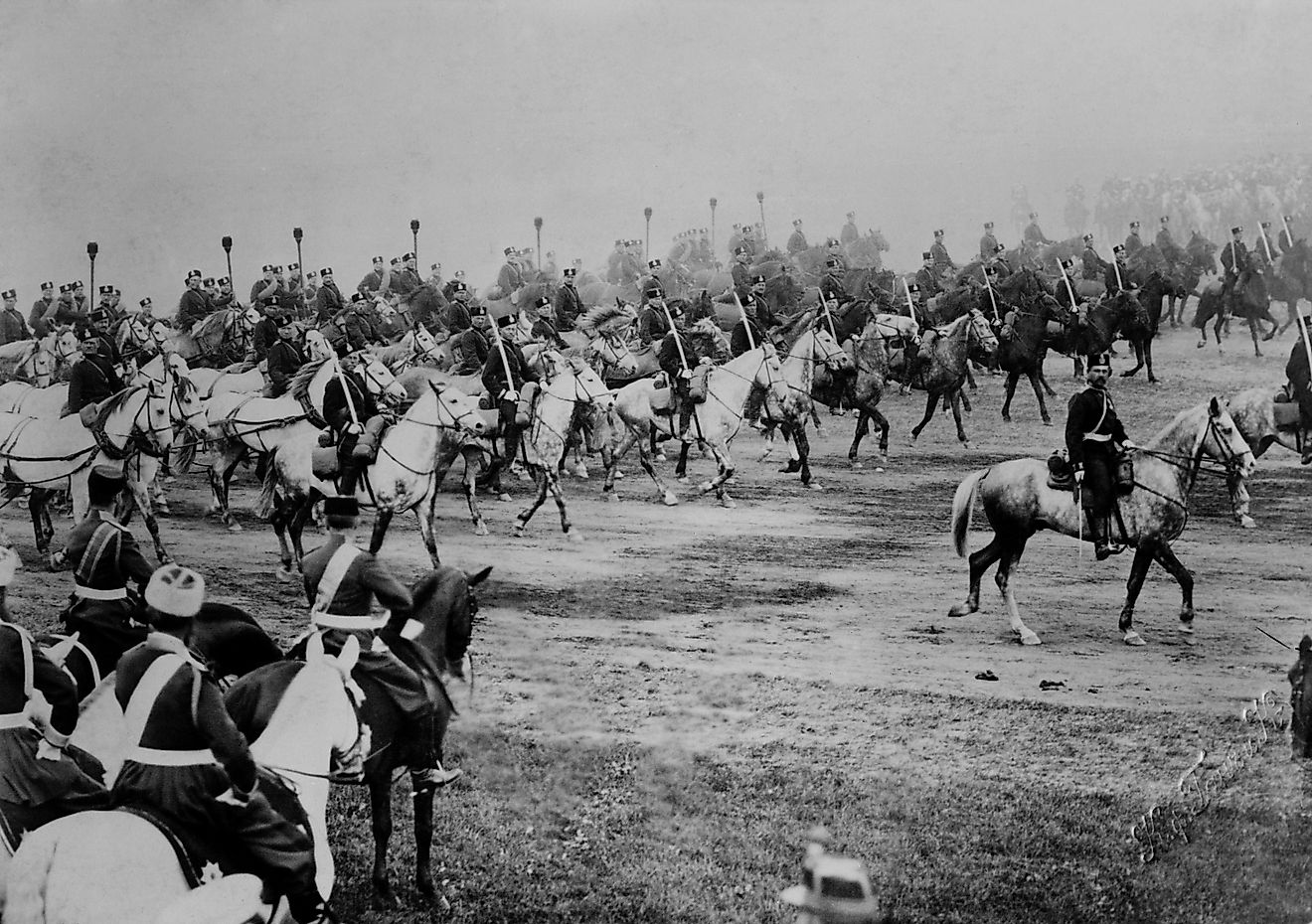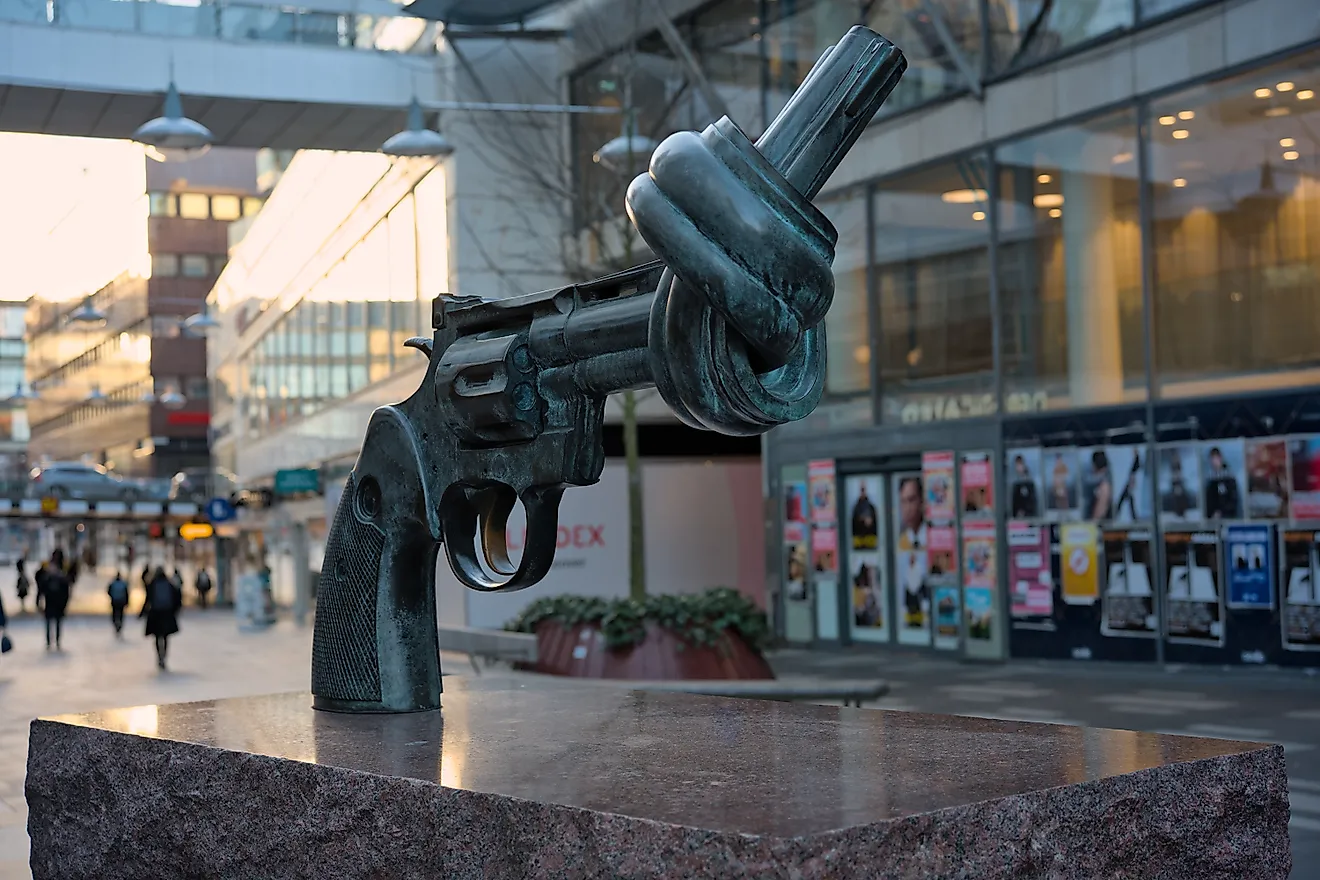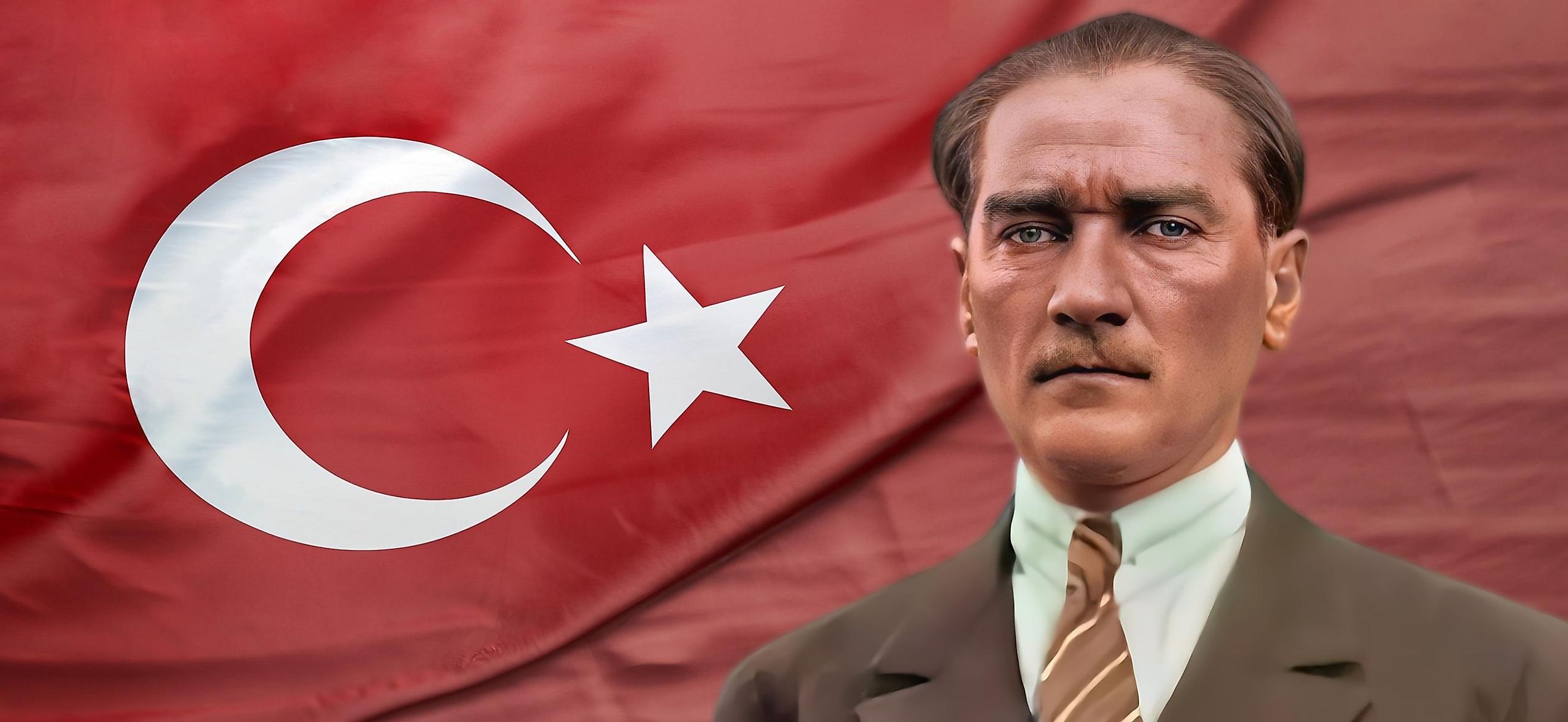
Ataturk: The Father of Modern Turkey
At the end of the First World War, the Ottoman Empire was in ruin. It had chosen the wrong side of the conflict and as a result, was facing a devastating and humiliating peace treaty with the Allies. Not only were the Turks going to be forced to give up their territories in the Middle East and Levant, but major land concessions were to be made within Anatolia itself.
French, British, Italian, and Greek armies were marching into Anatolia to take what was theirs. With a war-weary population and disorganized mess of an army, it appeared as though all hope was lost. Much like Austria-Hungary, it appeared as though the Ottoman Empire was going to be divided up to the victors. However, against all odds, the Turkish people would rally behind a single man and his dream of independence. Mustafa Kemal, later known as Ataturk would be the one to lead his people to a seemingly impossible victory.
The Early Life of Mustafa Kemal
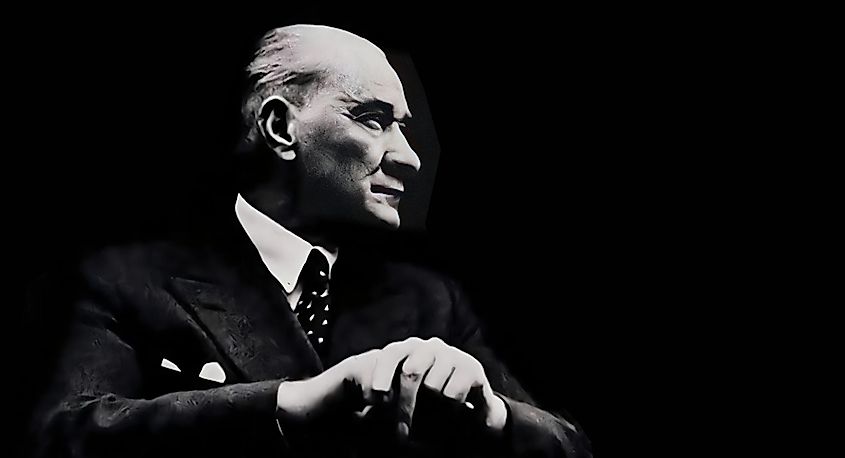
Kemal was born in 1881 in the port city of Salonika, ironically located in modern-day Greece. Both of his parents came from humble beginnings. His father was a soldier in the town's local militia and his mother was born in a family of farmers.
Kemal's father died when he was a young boy but he still had a profound impact on his upbringing. Ever since Kemal could remember, he had always wanted to pursue a career in the military. A young Kemal was able to find himself a decent secular education at a military academy where he excelled at mathematics.
In 1899 he joined the War College in Constantinople (Istanbul) where he met many new friends and made plenty of connections within the military bureaucracy. In 1902, he graduated and became a second lieutenant. Three years later in 1905, he was made a captain and became one of the youngest officers in the Ottoman Empire.
Revolution
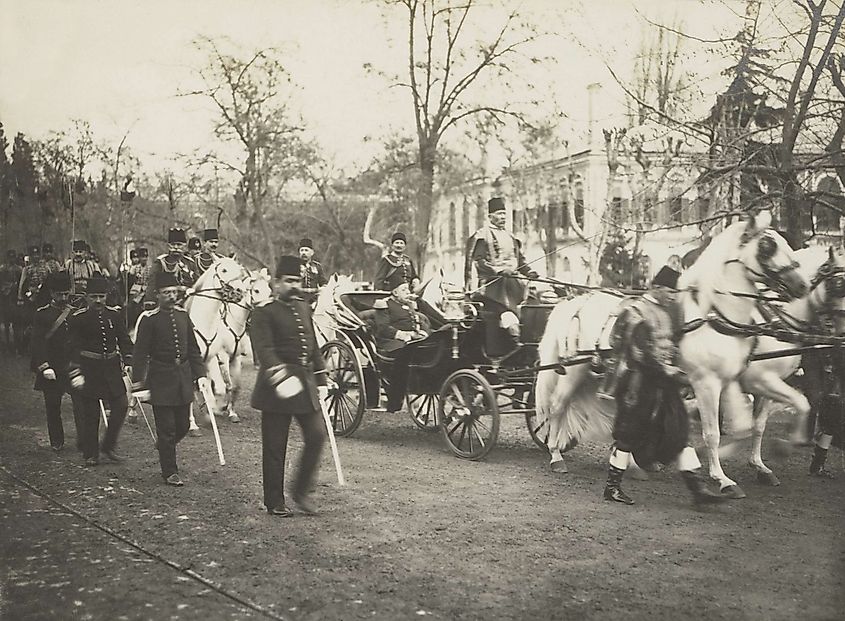
The early 20th century was an incredibly tumultuous time within the Ottoman Empire. The Sultan and his government were growing increasingly paranoid about the possibility of revolution and unrest. The main source of this paranoia stemmed from the military. Many members of the military leadership were under the watchful eye of the Sultan's informants including Kemal.
Kemal was indeed attending clandestine meetings to discuss the abuses of the Sultan's government but it is not very clear how radical he was in his early years. Whether he favored peaceful reform and violent revolution at this time may never be known but the Sultan was not taking any chances. A spy had infiltrated his group and informed the authorities. As punishment, Kemal and other officers in his groups were each sent to various parts of the empire far away from the capital city. Kemal was sent to Damascus for his troubles but was still considered to be loyal.
1908 an insurrection broke out which was headed by the Young Turks. This revolt forced the Sultan to reinstate the constitution of 1876 granting significant power to a new representative government. A year later, two elements within the Young Turks movement splintered off.
One group pushed a decentralized form of government and advocated for the rights of the many non-Muslim and non-Turkish minorities within the empire, whereas the other favored a powerful centralized government that favored the Turkish majority over all others.
A military coup was launched with Enver Pasha at its head and marched into Constantinople to force their demands. The Sultan abdicated and handed over the keys of power to the revolutionaries. Pasha and Kemal grew to hate one another over the years and ended up as fierce rivals.
Wars With Italy and Losing the Balkans
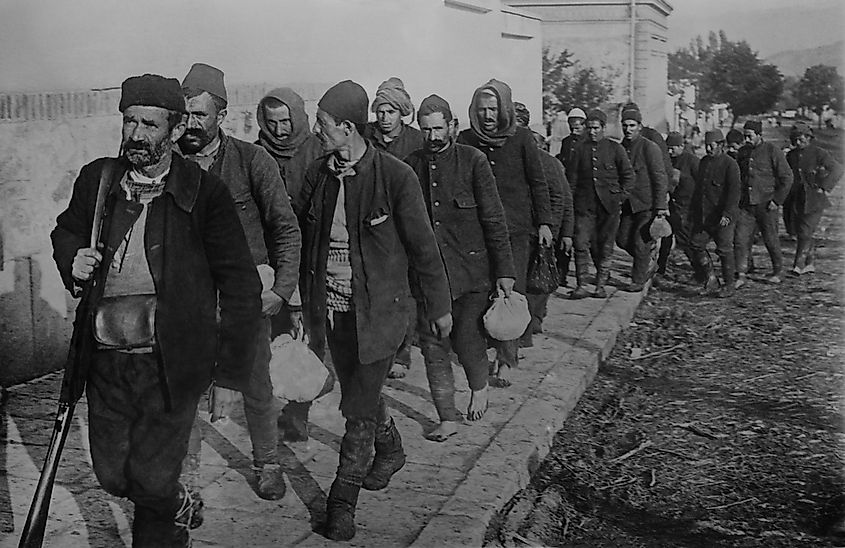
In 1911, Italy invaded Libya, an Ottoman colony. The war was brief and decisive. The Ottomans lost all major engagements and were forced to hand over the territory to the Italians within a year. Kemal was sent to fight in Libya but was injured and forced to find treatment in Austria.
In 1912, the First Balkan War erupted. This resulted in a humiliating defeat for the Turks and came with the loss of almost all of their territory in mainland Europe. Territory which they had now held on to since the 15th century. Salonika, the birthplace of Kemal was lost during this conflict which resulted in much of the Turkish population living there fleeing towards Constantinople.
A year later, the Second Balkan War broke out. The Ottomans were able to capture some of the territory that they had lost but it was hardly significant. The Ottoman military was far from ready to face down any serious threat. Something that Enver Pasha and Mustafa Kemal bickered about endlessly. In the build-up to WWI, Pasha had openly expressed interest in coming to Germnay's aid in the event of a large European war, something that Kemal was explicitly against.
WWI

Just as Kemal had worried, when the First World War broke out in the summer of 1914, the Ottoman Empire jumped to the assistance of the German Empire. Now with the Ottomans siding with the Germans and Austro-Hungarians, they were at war with the Russian Empire, the British Empire, and the French Empire. The Italians would also declare war a year later.
The Ottoman Empire had small victories during WWI but overall, suffered a series of crushing defeats that cost them their empire. One of the bright spots of the war was the defense of the Gallipoli Peninsula. Headed by Kemal himself, the Gallipoli landings were a series of amphibious assaults made by the Allies against the Ottomans in Europe with the hopes of marching on Constantinople and taking the Turks out of the war. The fighting was fierce and almost resulted in Kemal being killed. But Kemal and the Turkish defenders were able to hang on and deal the Allies a humiliating defeat of their own.
Kemal's defense at Gallipoli made him a national hero amongst Turks and made his name known internationally as well. He was transferred to the eastern front to fight the Russians and was able to snatch a few victories of his own. Something that no other Ottoman general was able to achieve. After the Russian Empire dissolved into civil war in 1917, Kemal was forced to retire due to health issues. He was sent to Austria once again to seek treatment.
The War For Independence
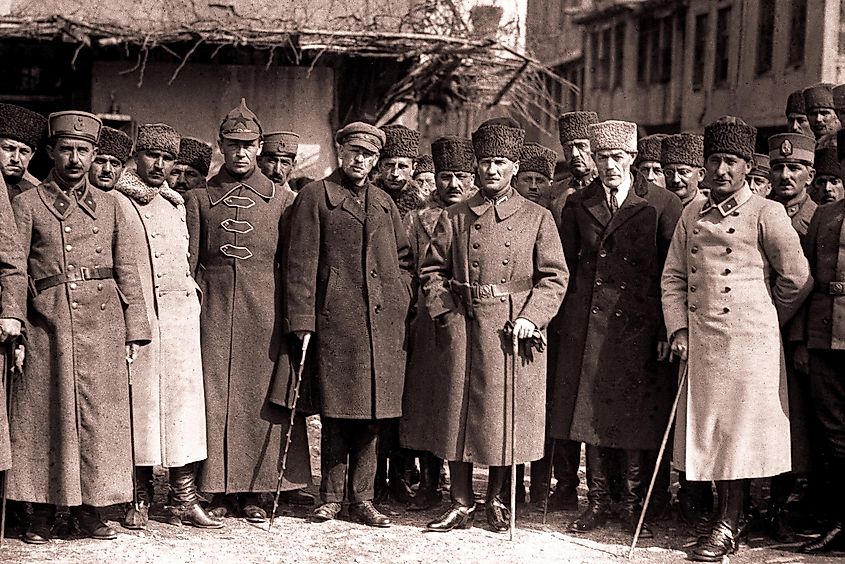
By 1918, the Ottomans were essentially just waiting for a treaty to be signed so the fighting could end. They had been pushed out of Syria and the rest of the Levant, Allied troops occupied Constantinople, French troops had pushed into southeastern Anatolia, the Italians laid claim to the south, and a Greek army had landed and Izmir and began to push east trying to capture as much land as they could. Many Turks were killed as a result of the Greek invasion. Many Greek soldiers saw this opportunity as their chance to take revenge on their previous overlords from centuries past.
At this time Kemal had arrived in the capital and was now fully aware of how dire the situation was. He was informed that the standing Ottoman government planned on capitulating to the demands of the Allies. Understanding that he had to act quickly, Kemal and those who were loyal to him desperately went in search of allies who were willing to fight.
Kemal found enough support and retreated to the central city of Ankara. It was from here that he planned to retake his nation. As news spread about the impending treaty, many Turks across Anatolia began to take up arms. The sultan ordered Kemal to restore order and granted him executive power and an army to do so. Kemal saw this as his only chance to save the nation defied the sultan's orders and used his new army to wage war on the invading nations.
Other Turkish generals were sent to dispatch Kemal but almost all of them either disobeyed their orders or defected to his side. In 1920, Kemal formed his government in opposition to the sultan and he was elected president by his peers. He then marched on the invading Greek army and was able to subdue the newly formed Armenian state with the help of the Bolsheviks from Russia.
The French and Italians then withdrew from their positions in Anatolia. All that was left to deal with was the Greeks. The fighting between the Turks and Greeks was brutal. Plenty of atrocities were committed on civilian populations and prisoners of war from both sides. Each party out looking for revenge.
The fighting lasted until 1922 resulting in a Turkish victory. The same year the Kemal and the rest of the nationalists marched into Constantinople and abolished the sultanate for good. The city was then renamed Istanbul in 1930 to sound more Turkish. A new government was set up out of Ankara. The Allies were then forced to come to the table and work out a new peace. The Allies agreed to the demand of Kemal and the modern borders of the Republic of Turkey were formed.
Kemal After the War
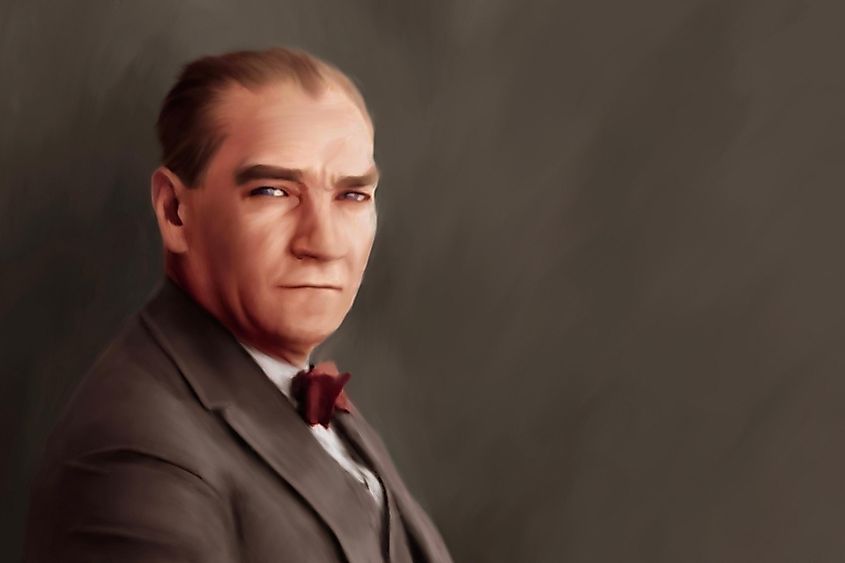
Mustafa Kemal was much more than just a great military mind. His time as the first president of Turkey brought about sweeping reforms in an effort to modernize and stabilize the new nation. He got rid of the Caliphate, something the previous Ottoman Empire had held dear since its height of power in the 16th century.
He also abandoned Sharia courts and limited Muslim schools, favoring secular laws and education. He also banned the wearing of the Fez, a traditional Turkish hat. Religious brotherhoods were outlawed too. Polygamy was banned and marriage and divorce were made into civil matters.
He also reworked the entire Turkish alphabet, leaving behind the previous Arabic-inspired writing system in favor of the Latin alphabet. He even personally traveled across Turkey and taught other Turks the proper spelling and pronunciation of this new alphabet. Standardized public education was also introduced resulting in Turkey having one of the highest literacy rates in the Middle East.
Mustafa Kemal is rightfully one of the most celebrated people in Turkey today. Countless landmarks and named after him as a way to honor his legacy. While it is true that Kemal could not have achieved his victory on his own, without him the Allied powers would have certainly had their way.
Kemal died in 1938 and was able to witness the benefits of some of the policies that he put in place. While Turkey was far from a perfect nation at the time, the impact Kemal had was overwhelmingly positive. It is no wonder that he is often referred to as "Ataturk". Meaning "Father of the Turks" in English.
